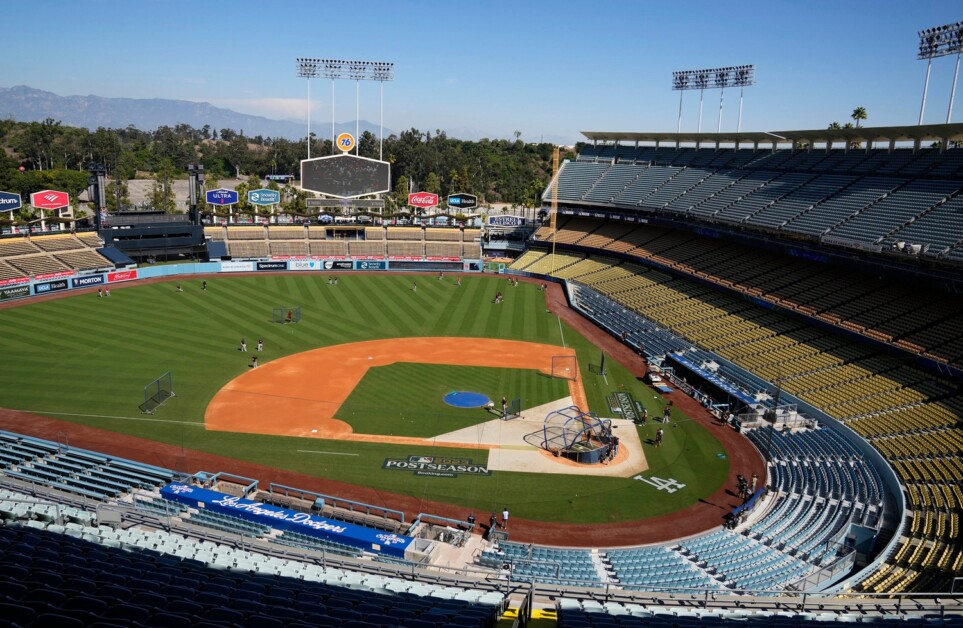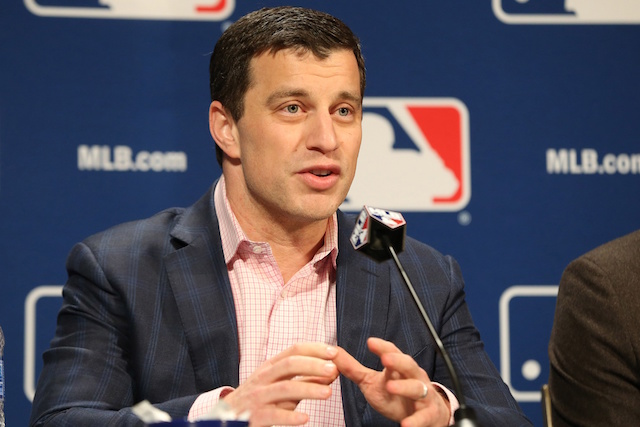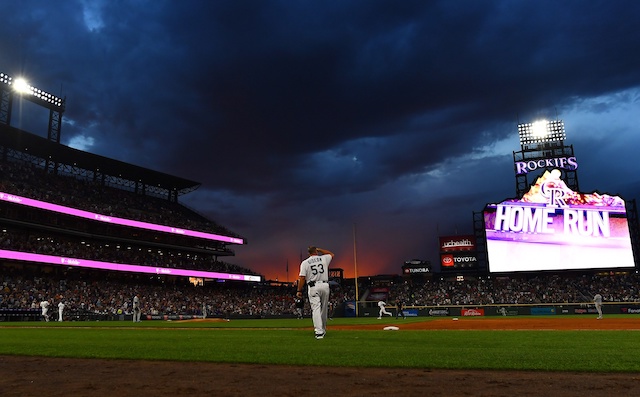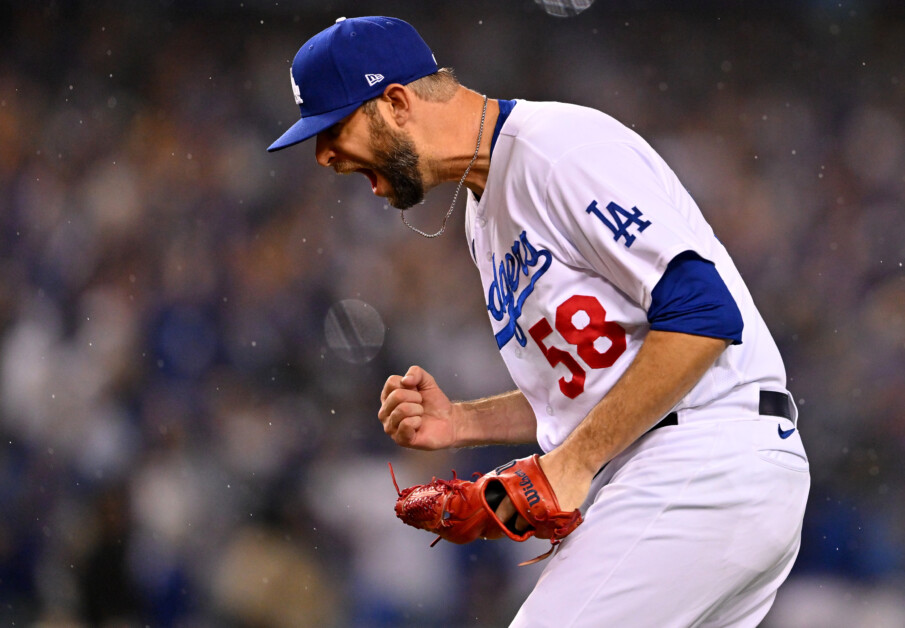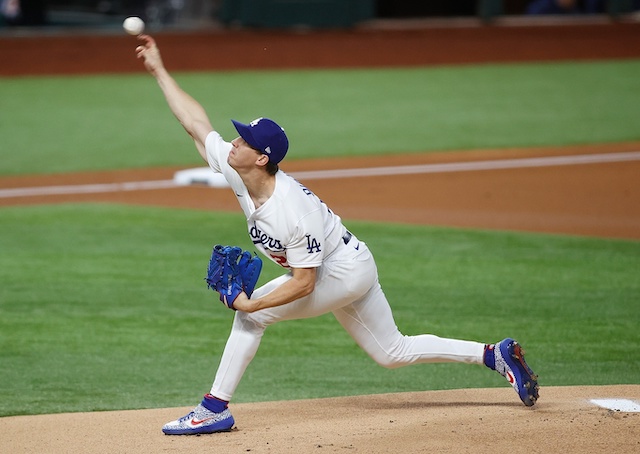As of today, the proposed gondola project connecting Union Station to Dodger Stadium remains entangled in legal and political disputes, halting its progress. Initially aimed to be completed before the 2028 Olympics, the 1.2-mile aerial line over Chinatown has sparked significant controversy.
Environmentalists and community activists have sued the Los Angeles Metropolitan Transportation Authority (Metro), challenging last month’s approval of a “fatally flawed” environmental review. The Los Angeles Parks Alliance argues that the city, not Metro, should have conducted the review and urges the court to nullify the analysis.
The legal action follows the Los Angeles City Council’s recent decision to fund a $500,000 traffic study intended to delay the project. Councilwoman Eunisses Hernandez, representing Chinatown, proposed the motion, insisting that the study’s findings be reviewed before any permits or land use decisions are made. This move aims to ensure the project undergoes thorough scrutiny.
Jon Christensen, a founding member of the LA Parks Alliance, believes the project won’t withstand rigorous examination. The gondola, costing up to $500 million and initially proposed by a company backed by former Dodgers owner Frank McCourt, has divided Chinatown residents. Zero Emissions Transit, the nonprofit overseeing the project, promotes it as a solution to heavy traffic during Dodger games. However, critics suspect McCourt’s true motive is to develop the land around the stadium eventually.
Zero Emissions Transit spokesperson Nathan Click dismissed the lawsuit as a common obstacle for significant infrastructure projects. He emphasized the developer’s commitment to working with relevant agencies to advance the project swiftly, framing it as a step toward innovation and climate change mitigation in Los Angeles.
The LA Parks Alliance, however, contends that Metro’s environmental review neglected the potential for new development spurred by the gondola and its impact on the Los Angeles State Historic Park. Like a seven-story building, the proposed 98-foot-high passenger station threatens to disrupt the park’s landscape.
The lawsuit points out that Metro’s executive board, led by Mayor Karen Bass, added requirements for affordable housing in any new developments, signaling anticipated growth around the stadium. Yet, Metro failed to consider this in their environmental analysis, the alliance claims.
Metro declined to comment on the pending litigation. Meanwhile, community advocates, including California State Park Rangers and Friends of the LA River, argue that the gondola station would seize two acres of the State Historic Park, displacing trees and wildlife. The 32-acre park opened in 2017 after a protracted battle and served as a crucial green space in the densely populated area.
Kathleen Johnson, executive director of Los Angeles River State Park Partners, criticizes the project as an environmental injustice, taking public parkland for a private enterprise. She warns that the gondola would become an eyesore, undermining a vital urban green space.
As the legal and political challenges persist, the future of the Dodger Stadium gondola project remains uncertain, with no clear resolution in sight.





